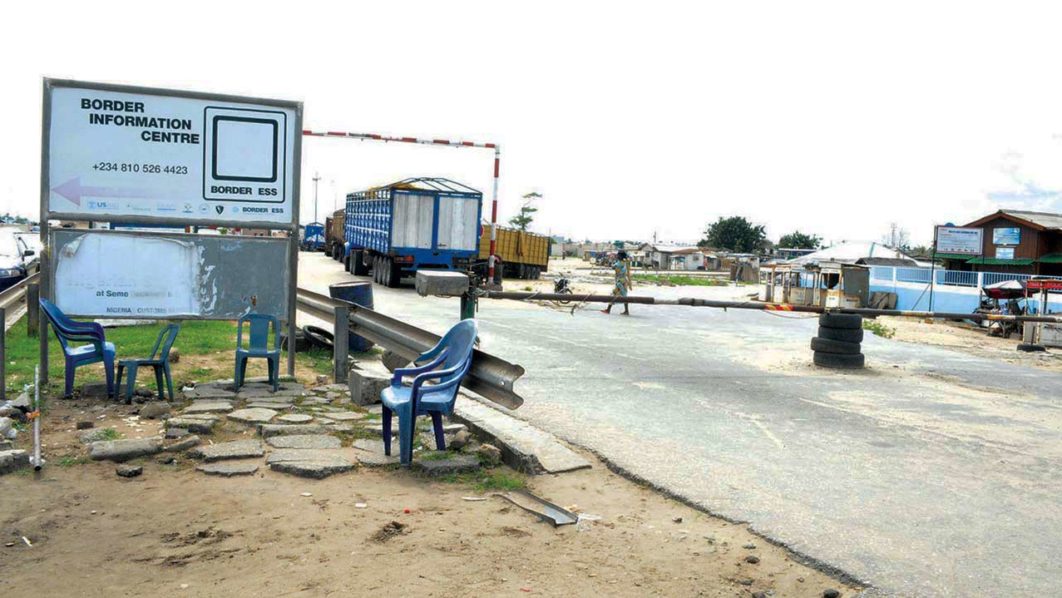The Nigerian Government has reopened four land borders after 16 months of closure that halted economic activities with neighbouring nations along these routes.
This decision was taken at the Federal Executive Council (FEC) meeting Wednesday in Abuja following the recommendation of a committee that four of the nation’s land borders be reopened with immediate effect while stating that others would be “reopened in due course.”
It was gathered that FEC approved the border reopening after considering the submission of a report by the committee set up to examine the implications of the closure among others, led by the Minister of Finance, Budget and National Planning, Zainab Ahmed.
READ ALSO:
Nigerian Senators Threaten President Buhari with Impeachment Over Total Collapse of Security
In her address to State House Reporters after Wednesday’s FEC meeting, Ahmed confirmed that the Seme and Mfun borders in the South West, and South-South, as well as Ilela and Maigatari borders in the Northwest were approved for immediate reopening.
However, the Minister, who assured that the other borders would be reopened before December 31, disclosed that restrictions on the importation of some commodities, like rice and other products, would stand.
On his part, Minister of Industry, Trade and Investment, Otunba Niyi Adebayo said the period of the closure afforded the authorities the opportunity to assess the security problems with a view to addressing them.
“We have many advantages to the border closure, it has given the security agencies an opportunity to access the problems at the borders, particularly with regard to smuggling.
READ ALSO:
“As you are all aware, before the border closure, a lot of petroleum products were being smuggled to West African countries and the border closures has created a situation that has tactically stopped that; they have been able to calculate the number of petroleum products being smuggled out by calculating the amount that is being lifted now compared to what was being lifted before.
“The issue of smuggling of rice to the country has reduced drastically and we are hoping that our agencies will be able to sustain that so also is the issue of poultry smuggling. “
